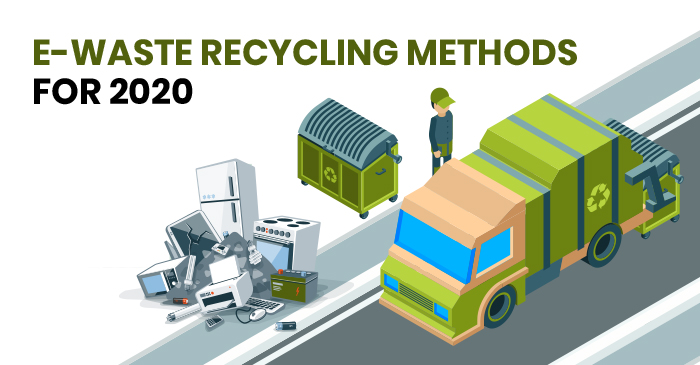Practical Guidance For Waste Control While Refurbishing Your Home
Practical Guidance For Waste Control While Refurbishing Your Home
Blog Article
Created By-McNulty Robertson
When embarking on a home renovation, waste management may not be the first thing on your mind, yet it's a critical element of the procedure. By carrying out a few basic approaches, you can significantly minimize the environmental effect of your task. From clever decluttering strategies to imaginative reusing remedies, these fast suggestions will not only enhance the effectiveness of your renovation yet also contribute to a much more sustainable end result.
Pre-Renovation Decluttering
Prior to diving right into your home improvement project, decluttering your space is an essential step to make sure a smoother and much more orderly procedure. Beginning by evaluating each room and identifying what products are essential and what can be thrown out or contributed. Be callous in your decluttering initiatives; if you have not made use of an item in over a year, it may be time to let it go.
Kind things right into groups such as keep, donate, recycle, or dispose of. Invest in storage remedies like bins or racks to aid organize the things you pick to maintain. This will not just declutter your space however also make it much easier to locate things during and after the renovation.
Decluttering before the remodelling will not only improve the procedure yet also conserve you time and money. You'll have a more clear vision of what needs to be done and will not be bewildered by unnecessary items.
When you've decluttered, you can move forward with your remodelling project with a fresh and orderly room.
Efficient Waste Sorting
To ensure a smooth and ecologically aware home restoration procedure, reliable waste sorting is critical. As you begin your renovation task, established designated sorting areas for different sorts of waste.
Putting Read Home Page or containers for recyclables, hazardous materials, and basic waste will simplify the disposal procedure and make it much easier to draw away recyclable materials from ending up in landfills.
Label each arranging location clearly to prevent complication and ensure that every person involved in the renovation recognizes where each sort of waste should go. This simple step can help avoid blending of materials that might contaminate recyclables or develop safety threats throughout disposal.
Recycling and Upcycling Techniques
Reliable waste sorting sets the foundation for an effective home restoration job. When it involves taking care of waste during your renovation, recycling and upcycling strategies play a critical role in lowering garbage dump waste and making the most of the capacity of your materials.
Begin by designating different bins for different kinds of recyclables like glass, plastic, and paper. Get in https://junkremovalcontainerservi34333.activoblog.com/31386981/practical-guidance-for-waste-control-while-renovating-your-home with your local recycling centers to ensure you're complying with the correct guidelines for disposal.
Consider upcycling items like old furnishings, doors, or closets rather than throwing them away. With a fresh layer of paint or some imaginative modifications, you can offer these products a brand-new life in your refurbished space. Upcycling not only reduces waste yet also adds a distinct touch to your home decoration.
Seek donation facilities or companies that accept reusable building products. By giving away items like lights, cabinets, or floor tiles, you can assist others while decluttering your space. Bear in mind, a little effort in recycling and upcycling can go a long way in making your home renovation task more lasting and environmentally friendly.
Conclusion
In conclusion, by adhering to the quick tips for taking care of waste during a home improvement, you can make the procedure much more efficient and environmentally friendly. Decluttering before beginning the renovation, sorting waste into assigned bins, and thinking about recycling or upcycling alternatives can help lessen the amount of waste going to landfills. With a little additional initiative, you can make a big impact on the sustainability of your project.
